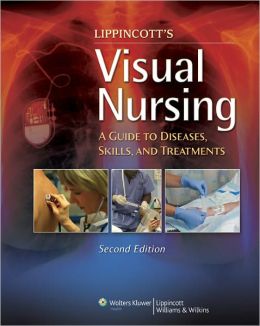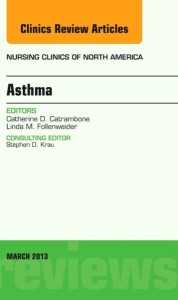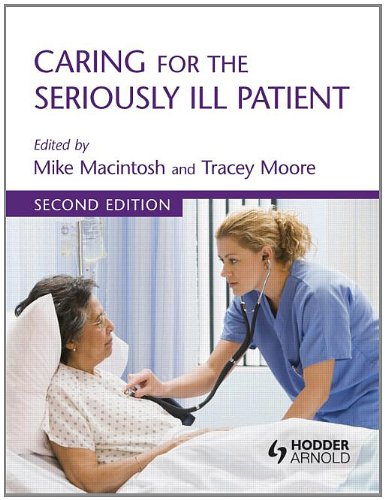-30%
Understanding and Evaluating Nursing Research
Introduction
In the realm of nursing practice, accessing and interpreting evidence-based research is crucial for providing optimal patient care. This comprehensive guide empowers nurses with the knowledge and skills to navigate the world of research, critically evaluate findings, and seamlessly integrate them into their clinical decision-making.
Understanding Research Terminology
Before delving into research evaluation, it’s essential to clarify key terms:
- Evidence: Any information or data that supports or refutes a belief or claim.
- Peer Review: The process by which experts in a field independently evaluate and critique research findings.
- Bias: A preconceived opinion or belief that influences the interpretation of research data.
- Validity: The extent to which a research study accurately measures what it claims to measure.
- Reliability: The consistency of research results when repeated under similar conditions.
Finding and Evaluating Research
1. Identifying Relevant Studies:
- Utilize search engines like MEDLINE or PubMed to locate articles based on keywords and search terms.
- Consult with colleagues, mentors, or research librarians for guidance.
- Join professional organizations that provide access to research resources.
2. Evaluating Study Design:
- Consider the type of study (e.g., qualitative, quantitative, mixed methods).
- Assess the sample size and representativeness of the population under study.
- Pay attention to the research methodology and its appropriateness for the research question.
3. Reviewing Study Results:
- Read the abstract to gain a comprehensive overview of the study’s purpose, methods, and findings.
- Analyze the data presented in tables and graphs, noting any statistical significance.
- Consider the authors’ conclusions and their support from the data.
4. Assessing Study Validity and Reliability:
- Evaluate the study’s methodology for potential biases or weaknesses.
- Check for any conflicting or inconsistent findings within the study.
- Consider the reputation of the journal where the study was published and its peer review process.
Integrating Research into Practice
1. Understanding the Implications:
- Identify the key findings of the research and their relevance to your practice.
- Determine the applicability of the research to your patient population and setting.
- Consider any barriers or facilitators to implementing the research findings.
2. Implementing Evidence-Based Interventions:
- Develop evidence-based care plans that incorporate research findings.
- Monitor the effectiveness of these interventions and make adjustments as needed.
- Educate patients about the rationale behind evidence-based healthcare.
3. Disseminating Research Knowledge:
- Share research findings with colleagues through presentations, publications, or staff development programs.
- Advocate for the use of evidence-based practices in healthcare settings.
- Promote ongoing research to advance the field of nursing and improve patient outcomes.
Conclusion
Critically evaluating and integrating nursing research into practice is a transformative component of evidence-based nursing. By following the steps outlined in this guide, nurses can empower themselves to make informed clinical decisions, optimize patient care, and contribute to the advancement of healthcare knowledge. Remember, research is not merely an abstract concept; it is the backbone of progress, shaping the future of nursing practice and improving the lives of those we serve.
maybe you like these too:
- Foundations of Nursing Practice: Fundamentals of Holistic Care, 2e (Original PDF from Publisher)
- Nursing Research – Methods and Critical Appraisal for Evidence-Based Practice 8th Edition (Original PDF from Publisher)
- Medical-Surgical Nursing: Concepts & Practice, 2e (Original PDF from Publisher)
- Fundamentals: Perspectives on the Art and Science of Canadian Nursing, 2nd Edition (EPUB)










Reviews
Clear filtersThere are no reviews yet.